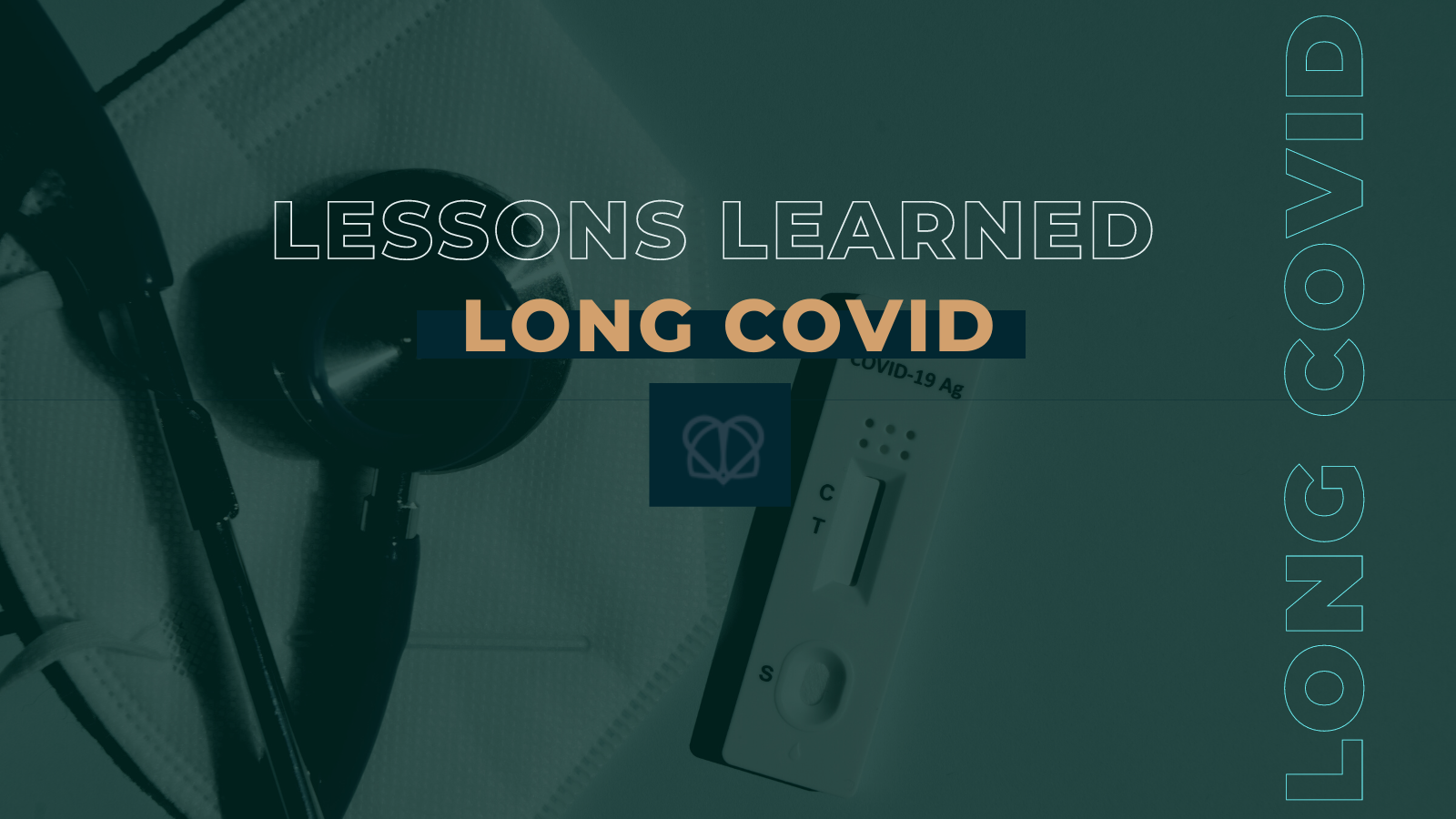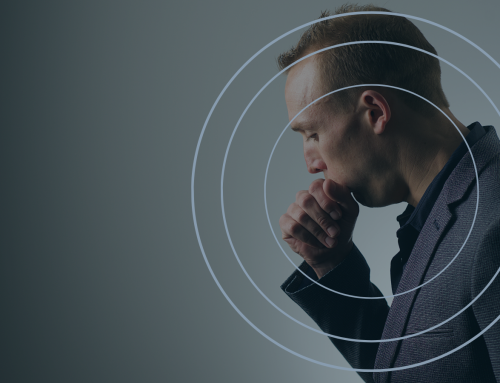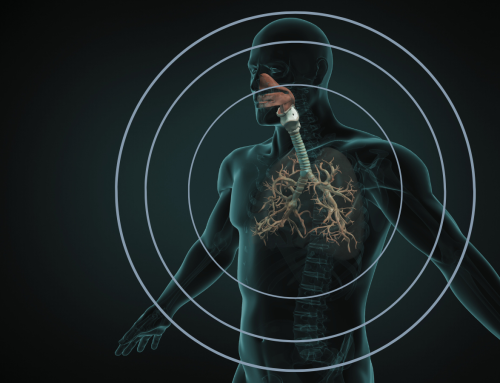Covid may not be making the daily headlines in the same way as it was even a year ago, but for those suffering from long Covid, it’s still a significant, frustrating part of daily life. From chasing our tails in the early stages of the pandemic, second guessing how best to treat it, we’ve learned so much about the long term effects of the disease.
Here are our top 5 lessons we’ve learned…
It is a recognised medical condition
In the initial stage of the pandemic there was some discussion about whether it was real – or just a psychological problem. But while it’s now widely accepted as being a medical condition, long Covid is not the same for everyone. There is no “typical” patient, no definitive test to diagnose it and a variety of symptoms can be experienced. To put it simply, it isn’t one thing, it’s a number of things. The diverse array of lingering symptoms that have come to be commonly known as long Covid is one of the biggest mysteries associated with the disease. There are however some trends that have emerged:
- the most affected age group is between the ages of 27 and 54, but any age group can get it
- women seem to develop long term symptoms more than men
- most patients were fit & active before they got Covid
We still don’t 100% know the cause of long Covid
There isn’t a definitive answer as to why some people develop long Covid and others don’t. There are a number of theories though
- Evidence suggests that the initial Covid infection triggers an inflammatory cascade that produces lingering symptoms. Research is underway to establish if there are biological indicators – immune markers, specific proteins in the blood or autoantibodies – that will help be able to screen people in future.
- Viral persistence: this is where small amounts of the virus remain in the body, including in the brain, muscle, gut, and lungs instead of disappearing completely, and these remnants continue to replicate, which is why people continue to feel ongoing symptoms.
- Immune system unable to reset: after being destabilised by the initial coronavirus the immune system may be unable to reset itself and remains at high alert.
A patient may find these factors overlap and what is certain is that long Covid isn’t just one single disorder but a complex mix of several disorders that come under the umbrella term.
Vaccinations can make a difference
Ensuring you are up to date with vaccinations seems to reduce the chances of contracting long COVID, and health officials are also seeing signs that weaker variants also correlate to lower rates of long term symptoms.
Current results support that COVID-19 vaccines can be used as preventive strategy for decreasing the risk of long-COVID, but data about its effects on people with current long-COVID needs further research.
It is however unclear as to exactly how much vaccinations reduce the risk of long Covid. The best way to avoid getting long Covid is to not get Covid – vaccination, testing, hand hygiene and mask-wearing all still come into play if you want to avoid getting Covid at all.
If you have long Covid, don’t despair
Unfortunately there isn’t a quick fix when it comes to recovery. It takes time and every person’s recovery journey is different. Despite long Covid being a multisystem virus, it primarily affects the respiratory system, so input from professionals in the cardio-respiratory field is especially important to ensure you are safe to embark on a recovery programme.
Our team of respiratory physiotherapists can help if you have had:
- Suspected or confirmed COVID-19 and are experiencing symptoms of ‘long Covid’;
- A prolonged hospital stay due to COVID-19 and need help to build your confidence and independence, as well as to improve any residual symptoms.
Avoiding over-exertion is vital, as this can lead to relapses in your symptoms. Our specialist respiratory physiotherapists will be able to help you establish a safe baseline of activity which is specific to you, working with you to gradually get you back to doing the things you want to do.
More research is needed
As is additional funding. For the two million people in the UK estimated to be dealing with the life-changing effects of the condition, looking at is whether medicines used in similar scenarios could be used for the illness.
In the meantime, we continue to support our patients on their rehabilitation journey, helping them navigate what can be a complex and lengthy process. To find out more or to book a consultation call 0207 971 1464 or click here.





